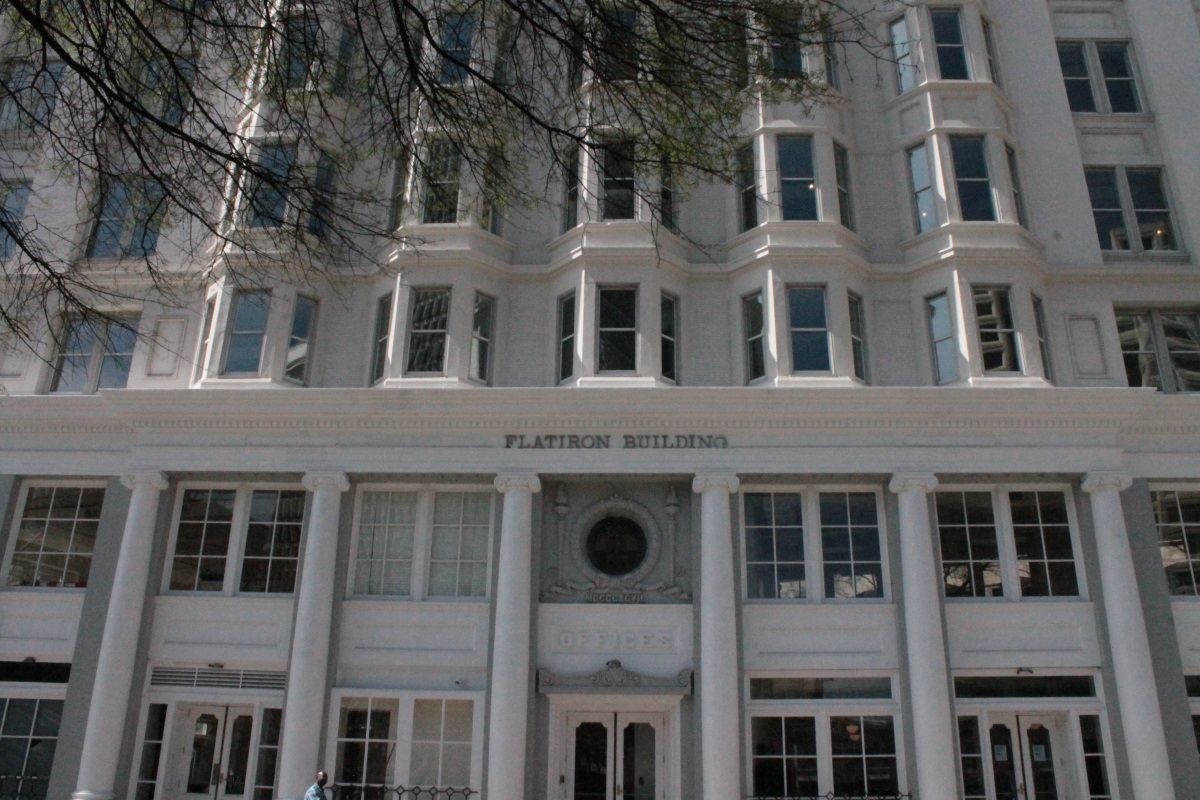In 2016, the city of Atlanta launched the Women’s Entrepreneurship Initiative, a program providing 15 women business owners free office space and resources to grow their businesses.
Like us on Facebook
A total of nine of the 15 women in the initial program hired their first or an additional employee within 90 days. The program is getting ready to accept its second crop of 15 female business owners this summer.
Director Theia Smith said the program was Atlanta Mayor Kasim Reed’s brainchild. Reed said while he was running for mayor, women told him they didn’t feel comfortable signing a long-term office lease but wanted safe spaces.
“While they were running businesses from their homes and doing so pretty successfully, unfortunately they were also being targeted for crimes as single moms or without a male presence,” Smith said.
The program costs the city about $250,000 per year for two full-time staff and one part-time intern and has an annual operating budget of $30,000. Most of the office space at the historic Flatiron building downtown is provided for free by the building’s developer on a seven-year lease.
Richard Florida is author of the New Urban Crisis, a book that addresses cities’ current problems in terms of economic inequality. He said government-funded programs have shown to be ineffective at actually creating viable businesses.
“Why is government supporting entrepreneurship, which in general is going to confer benefits on very wealthy people or very highly educated people who have other avenues to turn to?” said Florida, who still applauds Atlanta’s program because of who it serves.
“Lord knows, the venture capital entrepreneurship game has been pretty much rigged by men. It’s quite shocking what a boys club it’s been,” he said.
About two-thirds of the women in Atlanta’s program are African-American.
Entrepreneur Sabrina Harvey said a city-funded incubator “makes sense” in Atlanta. She’s co-founder of Women Interactiv, an event that focuses on women in technology.
“There’s two levels of diversity being impacted here. Having women and African-American women, we have an opportunity to see businesses develop in areas that perhaps have been underserved and in areas that could really use it,” Harvey said.

9(MDAxODM0MDY4MDEyMTY4NDA3MzI3YjkzMw004))








